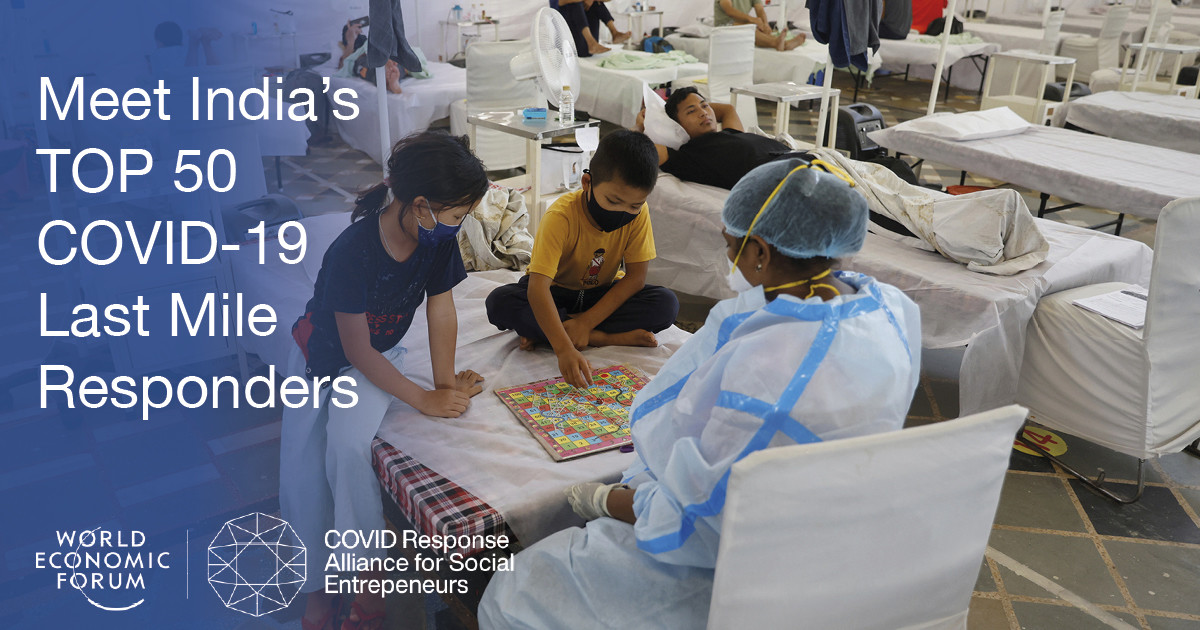COVID-19: What you need to know about the coronavirus pandemic on 24 August

The Pfizer/BioNTech vaccine has been granted full US regulatory approval. Image: REUTERS/Lucy Nicholson
- This daily round-up brings you a selection of the latest news and updates on the COVID-19 pandemic, as well as tips and tools to help you stay informed and protected.
- Top stories: Pfizer/BioNTech COVID-19 vaccine gains full US regulatory approval; Pandemic threatens Asia-Pacific's progress on global goals - Asian Development Bank; New Zealand reports highest increase in cases since April 2020.
1. How COVID-19 is affecting the globe
Confirmed cases of COVID-19 have passed 212.5 million globally, according to Johns Hopkins University. The number of confirmed deaths stands at more than 4.44 million. More than 4.97 billion vaccination doses have been administered globally, according to Our World in Data.
New Zealand has reported its highest increase in COVID-19 cases since April 2020. The majority of cases are centred in Auckland. Authorities reported 41 new COVID-19 cases on Tuesday, taking the total number of infections in the country to 148.
Thailand is set to receive 61 million doses of the AstraZeneca COVID-19 vaccine this year. Around 9% of Thailand's 66 million people have been fully vaccinated.
Oman will allow anyone holding a COVID-19 vaccine certificate to travel to the country from 1 September.
New York City will require public school teachers and staff to get vaccinated against COVID-19, Mayor Bill de Blasio announced yesterday.
Greece's leading medical advisors have said that vulnerable groups should get COVID-19 booster shots.
Indonesia is set to ease restrictions, including reopening restaurants, shopping centres and places of worship, as cases fall.
The UK has agreed to buy 35 million more doses of the Pfizer/BioNTech COVID-19 vaccine, to be delivered from the second half of next year.
India's drug regulator has granted emergency-use approval to Zydus Cadila's COVID-19 vaccine, the world's first DNA shot against the coronavirus.

2. Pfizer/BioNTech COVID-19 vaccine gains full US regulatory approval
The Pfizer/BioNTech COVID-19 vaccine has been granted full US Food and Drug Administration approval. It previously had emergency-use approval, first granted in December.
The FDA gave its full approval for use in people aged 16 and over based on updated data from clinical trials and manufacturing reviews. Public health officials hope it will convince unvaccinated Americans that the jab is safe and effective.
"If you're one of the millions of Americans who said that they will not get the shot until it has full and final approval of the FDA, it has now happened," President Joe Biden said.
"It's time for you to go get your vaccination. Get it today," Biden added. "...There is no time to waste."
India’s leading COVID-19 last-mile responders
3. Pandemic threatens Asia-Pacific's progress on global goals - Asian Development Bank
The COVID-19 pandemic might have pushed as many as 80 million people in Asia into extreme poverty last year, the Asian Development Bank (ADB) has said. It threatens to hit progress on tackling hunger and poverty.
Developing Asia's extreme poverty rate - or the proportion of its people living on less than $1.90 a day - would have fallen to 2.6% in 2020 from 5.2% in 2017 without COVID-19, but the crisis likely pushed last year's projected rate higher by about 2 percentage points, ADB simulations showed.
"As the socioeconomic impacts of responses to the virus continue to unfold, people already struggling to make ends meet are at risk of tipping over into a life of poverty," the Manila-based lender said.
Don't miss any update on this topic
Create a free account and access your personalized content collection with our latest publications and analyses.
License and Republishing
World Economic Forum articles may be republished in accordance with the Creative Commons Attribution-NonCommercial-NoDerivatives 4.0 International Public License, and in accordance with our Terms of Use.
The views expressed in this article are those of the author alone and not the World Economic Forum.
Stay up to date:
COVID-19
Forum Stories newsletter
Bringing you weekly curated insights and analysis on the global issues that matter.
More on Health and Healthcare SystemsSee all
Sofiat Makanjuola-Akinola and Paula Bellostas Muguerza
March 10, 2025







